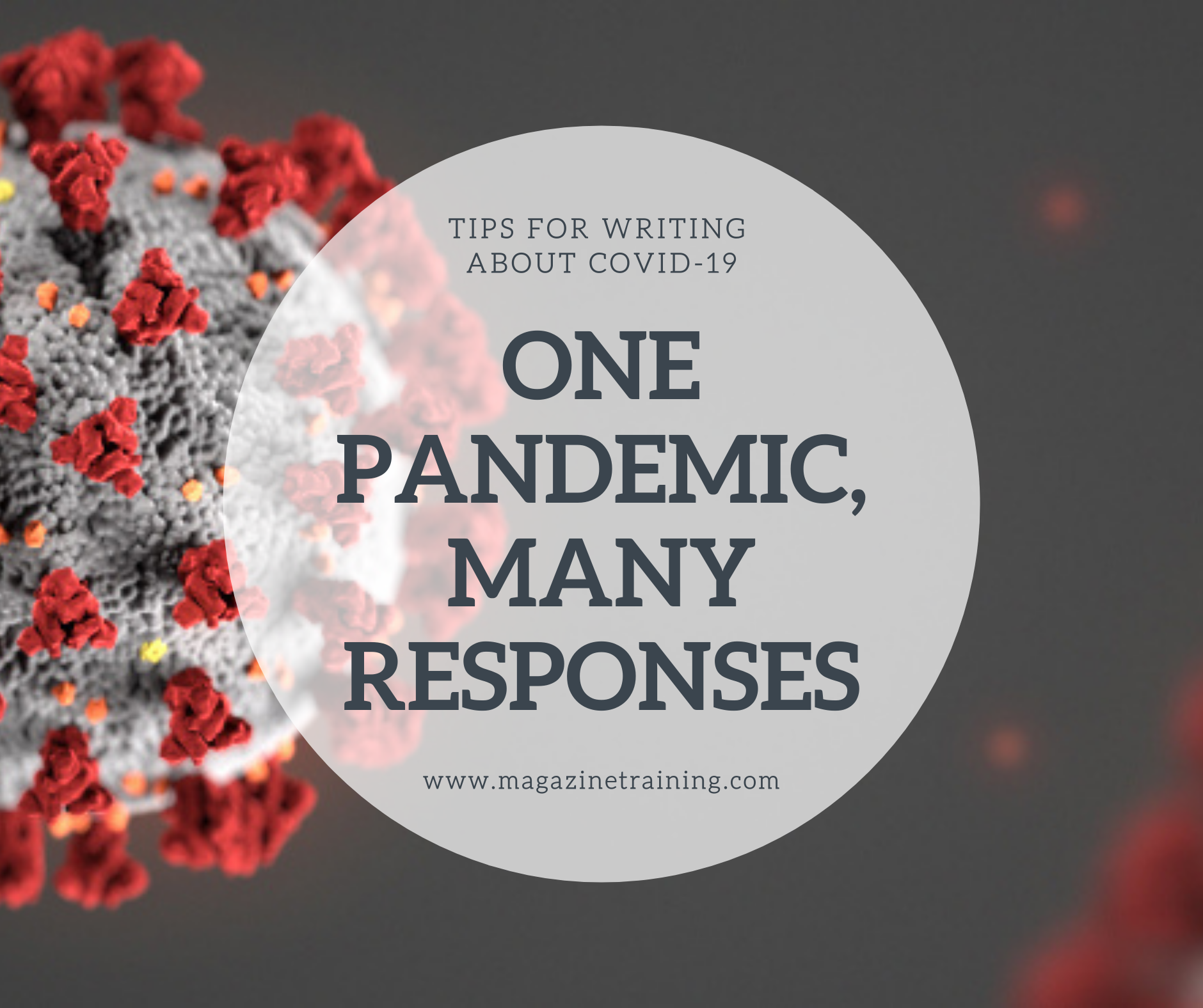
Moving our focus out for an international perspective, Ian Watts dropped in on the Publishing Pandemic Roundtable—Bo Sacks, Gemma Peckham, Joe Berger, Samir Husni, Sherin Pierce, and me—to tell us that there are bright points of hope in a world market that is still facing the impact of the pandemic.
Ian is the Director of Pincot Consulting Ltd, from whence he provides international circulation services to Genera Solutions, America’s largest magazine exporter. I can’t remember when I met Ian; he’s been in our business a long time. He started out with WH Smith Wholesale in the UK in the 1970’s.
“That was a great academy for English circulation people, back in the day,” he tells us. “They did great training, hoping to invest in people they would then keep for life.” Those who left were picked up by publishers—in Ian’s case, Murdoch in the 1980’s, then SM Magazine Distribution, then Hachette, who owned an export company in the UK and COMAG UK. He’s been in international ever since.
Following a stint as International Sales Director of Comag UK, Ian went on his own. His specialty was taking kids’ product and making it international product. He launched some big success stories internationally, including Spice Girls magazines, and later Sudoku magazines. His job now is to liaise with the 70-80 markets around the world that receive American exports and get the best deals and service for Genera’s US publisher clients.
Ian: It’s a fascinating, exciting field. Every market around the world is an individual market with its own characteristics, facing the same issues that we face, but dealing with it individually. It’s very stimulating, learning about how these different markets manage.
Joe: Can you give us an idea as to how these various markets look for imported product?
Ian: Due to Covid responses It’s tough everywhere. International markets are going through a hard time for their own domestic publications; and it’s harder still for import. A lot of the import sale comes from travel locations, and of course travel has been decimated in most countries. There are exceptions. Some of the larger markets, for example Australia, continue to have domestic travel; but overall travel is down 90%, and outlets are closed in many airports. The sales we are currently getting are indicative of the market for import products consisting of people who live in the market, as opposed to travelers. They could be local-language speakers, or expatriates.
Joe: Do you see any bright spots?
Ian: There are certainly exceptions to this downturn. The strong, heavy-edit magazines, ones that look toward American politics, and to how we might fix the world, ones oriented toward business, are doing relatively well travel outlets notwithstanding. Examples are Foreign Affairs, Atlantic magazine and the New York Review of Books. US Business magazines are highly respected, for example Harvard Business Review.
By Linda Ruth, BOSACKS
Related posts
Category: Uncategorized
Malnutrition is a health crisis affecting millions around the world — and one becoming more urgent as the pandemic continues. Its impact is not just represented in [...]
Magazine Training International’s mission is to encourage, strengthen, and provide training and resources to Christian magazine publishers as they seek to build the church and reach their societies for Christ.

